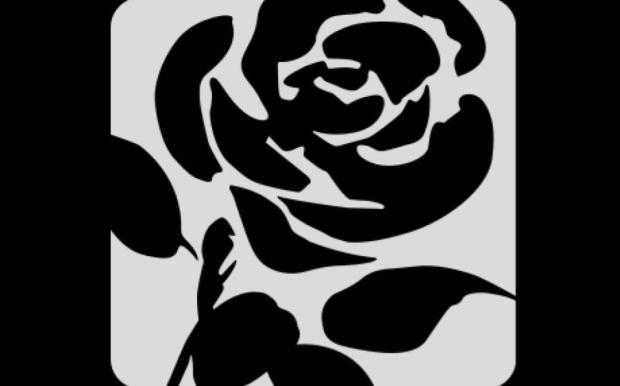by Matt Stannard
Members of the Laramie Ecovillage Group, myself included, are in the process of creating an intentional, ecologically sustainable, income-sharing community near Laramie, Wyoming. If you share our values (cooperative culture, non-hierarchical economic communalism, deliberative democracy, commitment to personal and spiritual growth), you might consider reaching out to us and join us in committing our lives to a world beyond capitalism.
We consider our effort to be revolutionary in scope. All of us in the group are, in ways both different and similar, economic refugees. All of us are committed to both reducing the adverse impact humans have on the environment, and practicing a personal, radically intimate (while deeply respectful of personal security and space) localized socialism that we believe is conducive to a widespread transformation of economic and political systems. We share the belief that personal and social change ought to be complimentary, and reject the idea that we must choose between mass political change and local community building as “first priorities.”
We are committed to income-sharing because economic insecurity has killed those we love and has whittled away at our own lives. Our community will share in both debits and rewards, and we will practice carefully-planned scaling of costs and community enterprises to take advantage of the basic principles of economic cooperation. We are already forming one cooperative business enterprise and will facilitate more, aided by the plentitude of information about cooperative management from a variety of values-compatible sources.
Presently, we are exploring many land acquisition options, from community land trusts to cooperative or private purchase. We are looking at several pieces of land and have so far received one offer from a seller. Our group includes legal professionals and experienced intentional community consultants–and several people who have previously lived in intentional communities.
Next weekend, we are hosting a retreat, with around ten guests coming from outside of Laramie, for people interested enough in this project to spend the weekend with us discussing cooperative culture and economics, income-sharing, ecological sustainable community, and how people live communally.
If, in the course of reading this, you have found yourself feeling that this is something you’d like to do, if it has spoken to your deep sense that a community like this is possible, necessary, and a place where you would thrive, you should get in touch with us. Joining would follow a careful and conscientious process and a mutual decision between you and the community. You would need to be committed to becoming a better, more cooperative person always, and doing what you are capable of doing to contribute. It’s definitely not for everyone, but it could very well be for you.
What we’re doing isn’t unique. There are thousands of intentional communities, including many income-sharing communities. But we know what we’re doing will make a difference for our membership, and we hope it will help shape a world that desperately needs this kind of re-shaping.
Matt Stannard is policy director at Commonomics USA and a founding member of the Laramie Ecovillage Group.


